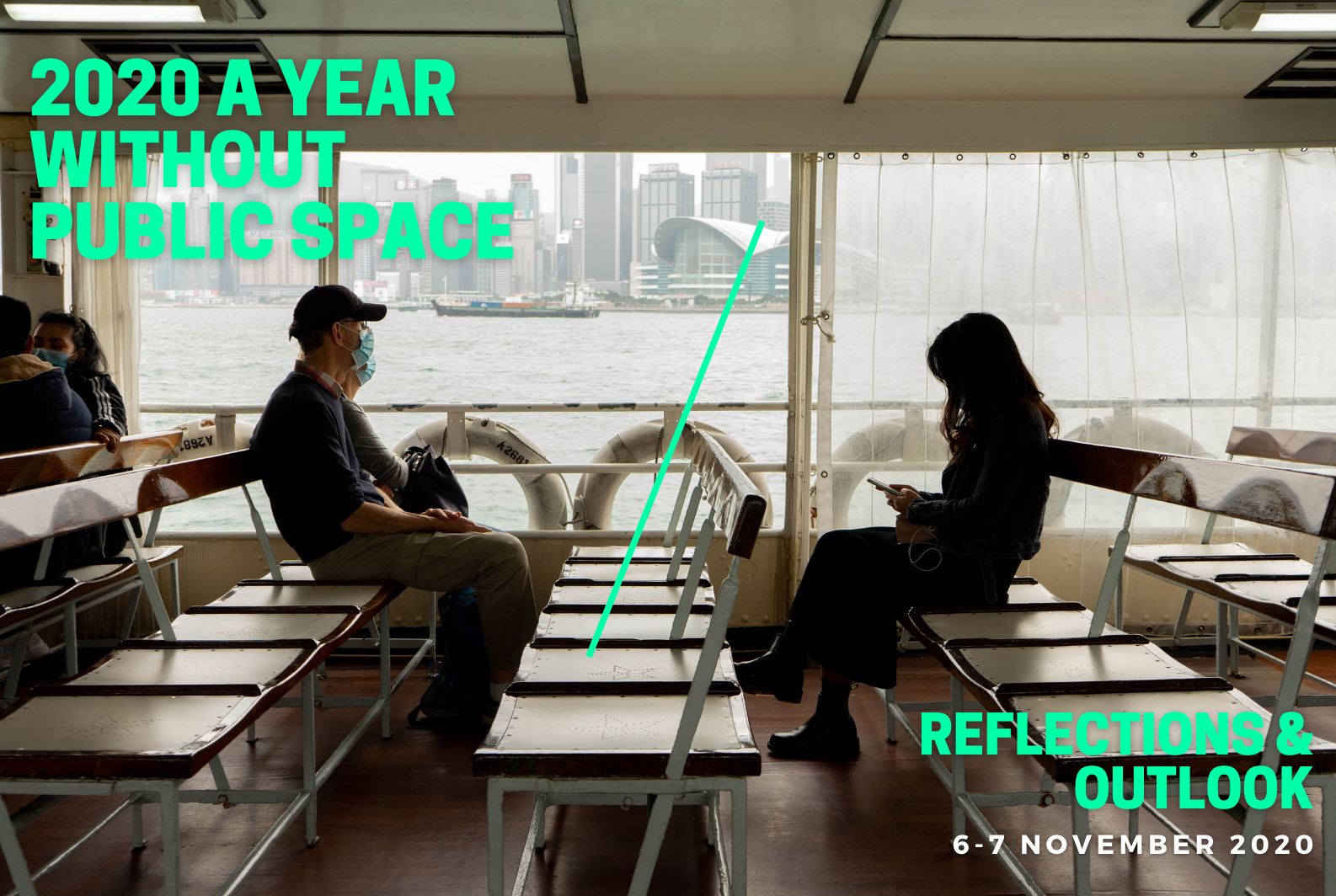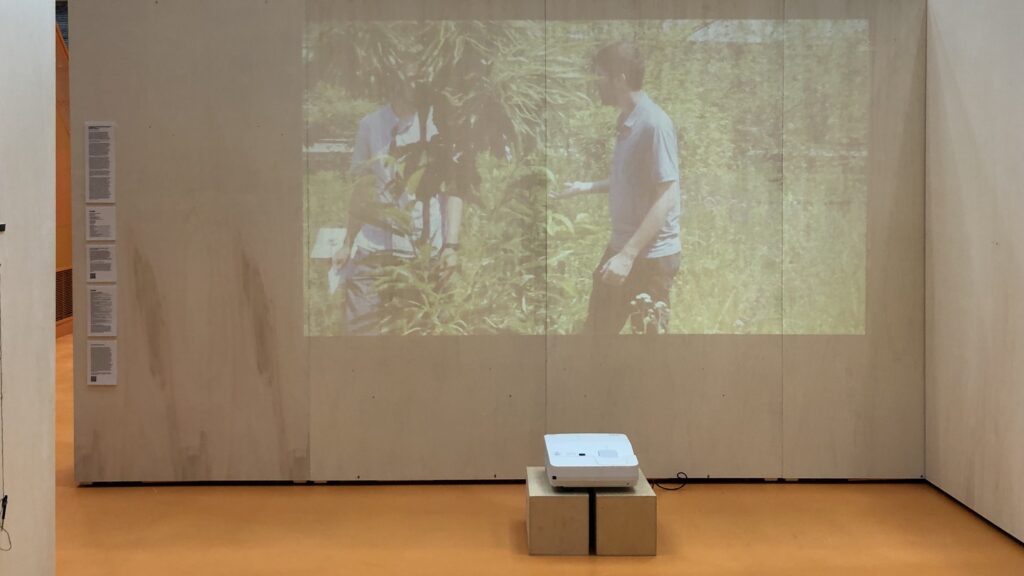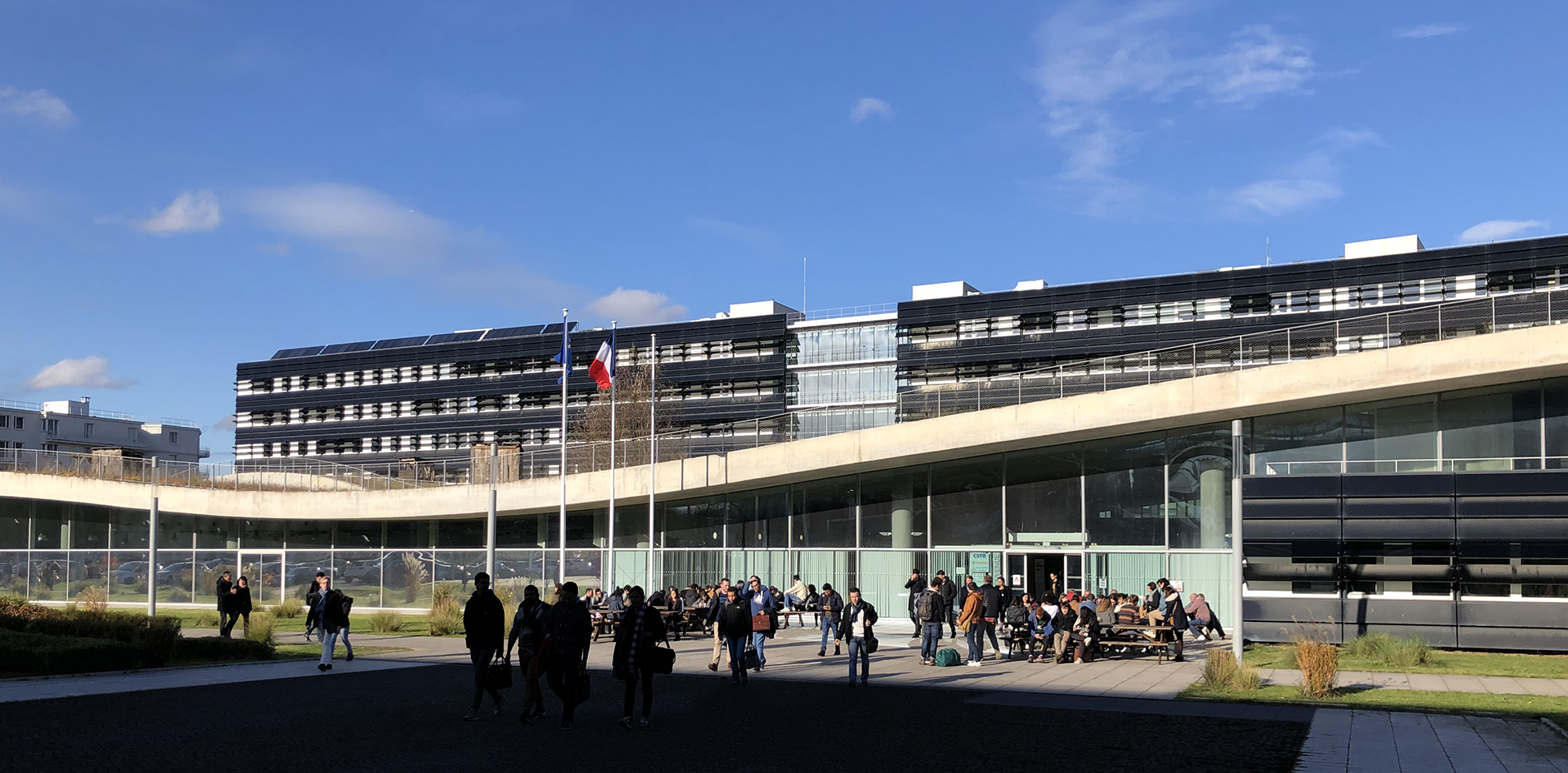Wrapping up a challenging year with a final online 2-day symposium ‘2020 A Year Without Public Space: Reflections & Outlook’ to reflect and plan ahead for 2021, particularly in the aspects of Cities & Health, Digital Public Space, Innovative Approaches & Creative Practices, and Campus as Public Space.

2020 passes in a blink. COVID-19 completely changed our world, our work, our school, and our daily life routine. COVID-19 also changed the public space where we for the first time have to stay away with during global lockdown, spaces where we perhaps took for granted for joyous gatherings, block parties, after-school hangouts, parks where we share experiences, exchange a thought, bump into neighbours and colleagues, have become cold spaces for disseminating hygiene items and food supplies, testing cases, or otherwise deserted and fenced off. Yet, at the same time, new spaces emerge, bike lanes, pedestrianized zones, pop-up installations, eateries and street stalls have found their ways in many cities and administrations. Coming to the end of 2020, we feel that now it’s the time to look back, reflect, and plan ahead.
2020: A Year without Public Space under the COVID-19 Pandemic – Reflections & Outlook
International Symposium
6-7 November 2020
register at: www.publicspace-covid19.com
Please be welcome at one of the sessions on Day 1 and Day 2, and particularly to the roundtable discussion and closing remarks.
Continue reading →



